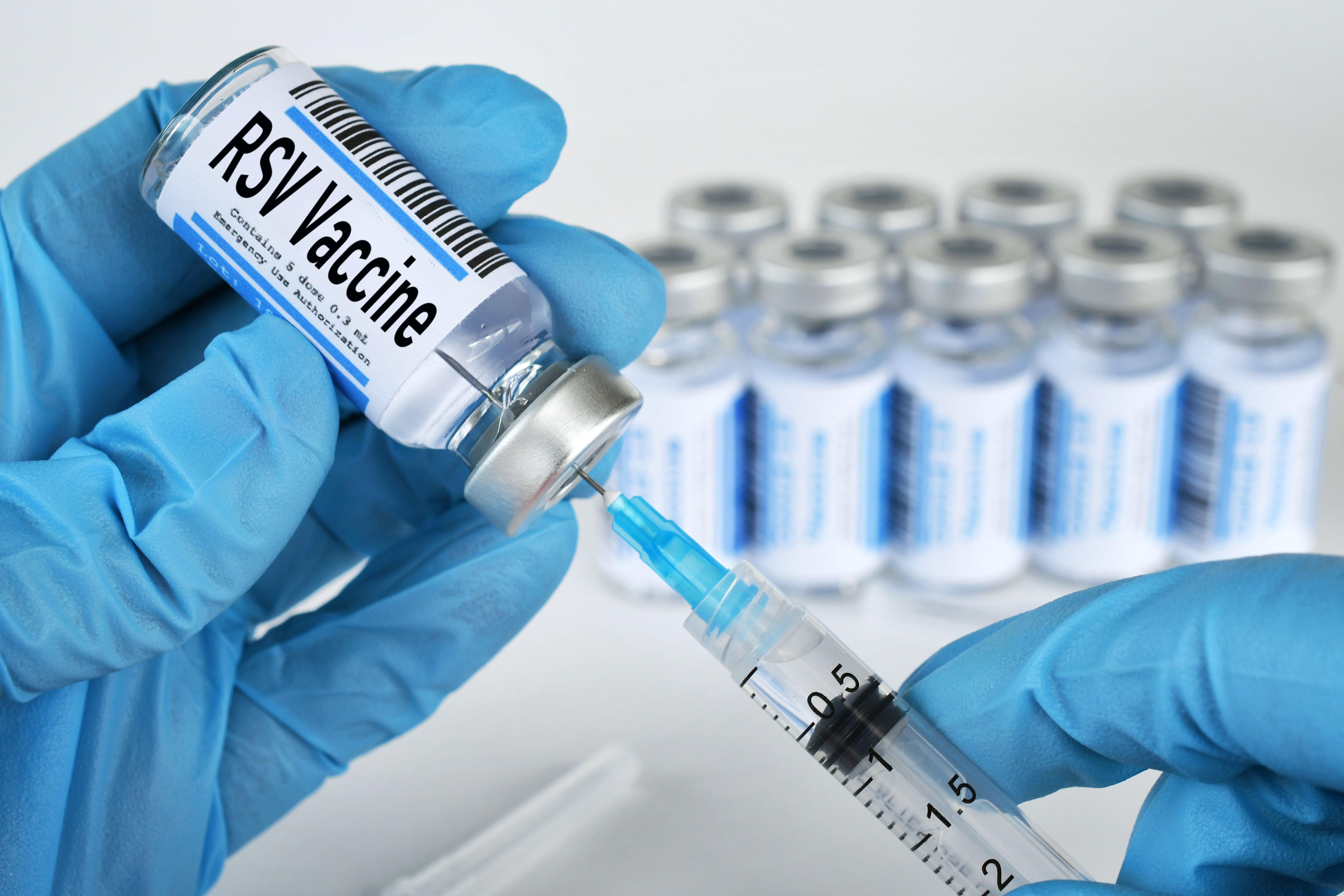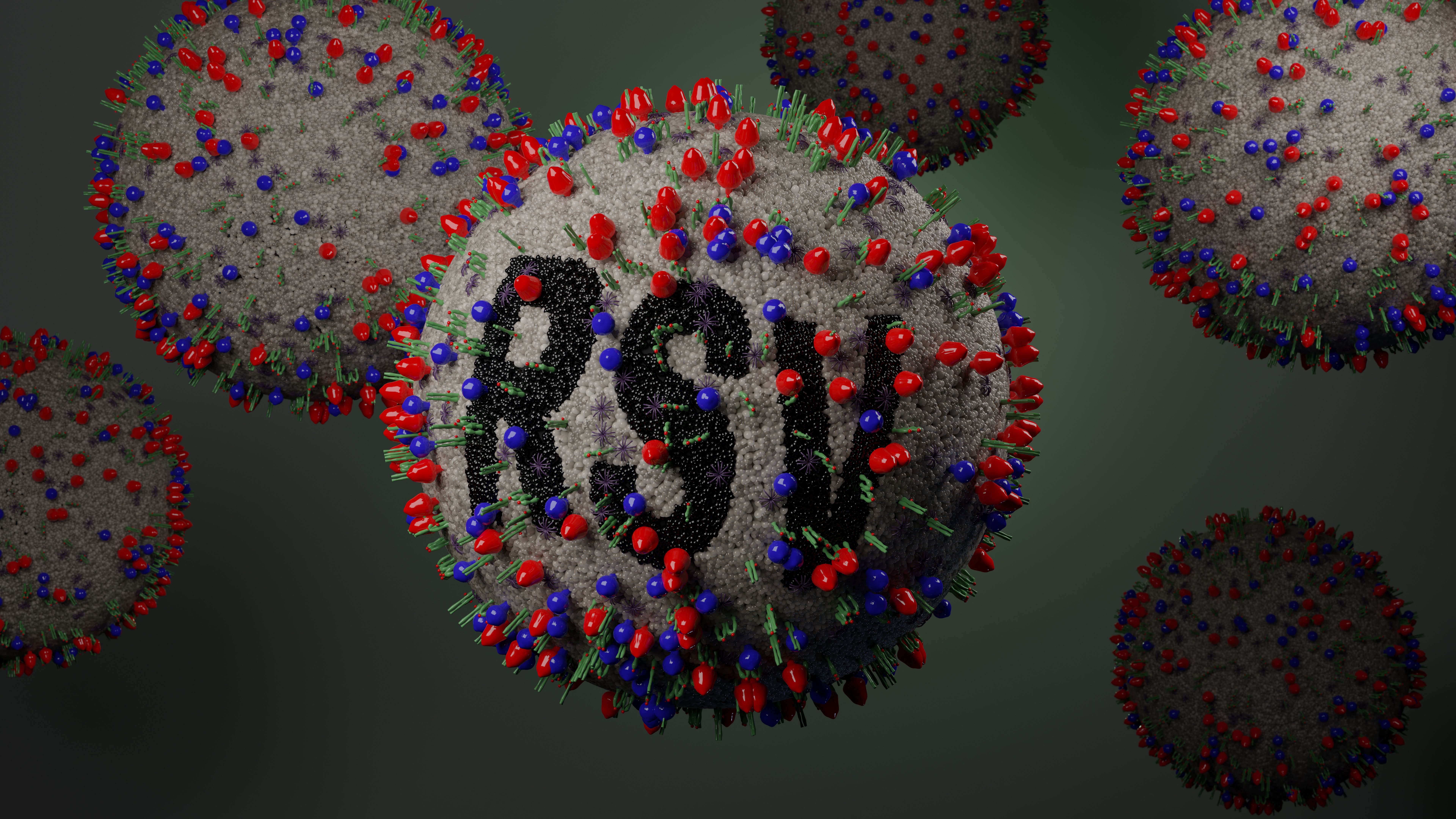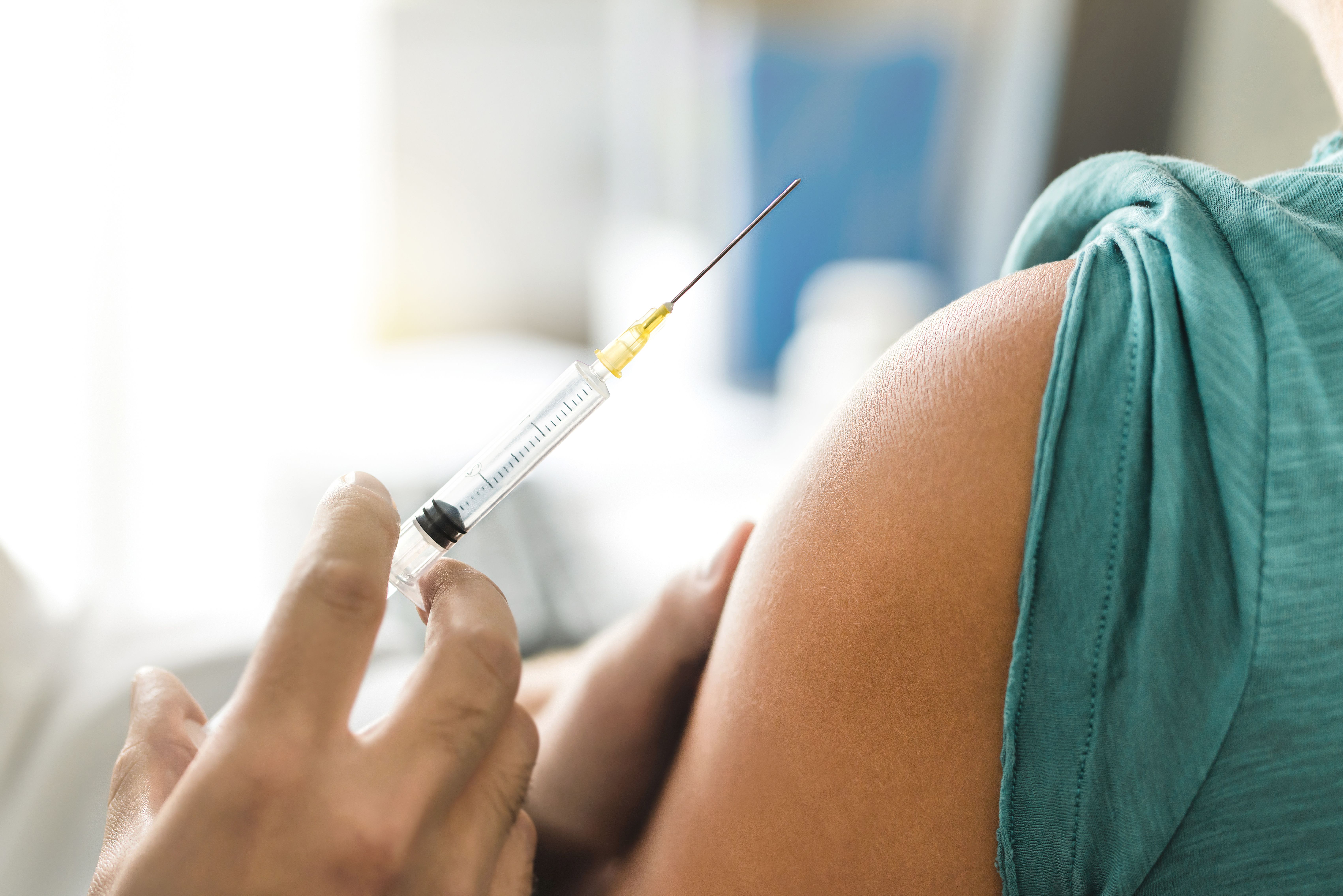
Respiratory Syncytial Virus
Latest News
Latest Videos
CME Content
More News
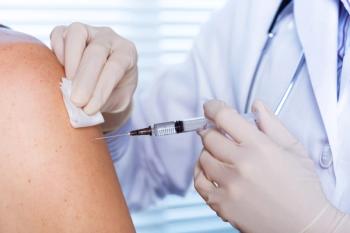
Pharmacists play a vital role in providing education and administering influenza, COVID-19, and RSV Vaccines

Community pharmacies and organizations can collaborate to tailor strategies and interventions and address the challenges and specific needs of the community.

By educating their patients on the provisions of the Inflation Reduction Act, pharmacists can have an even greater impact by increasing vaccine uptake in historically underserved groups.
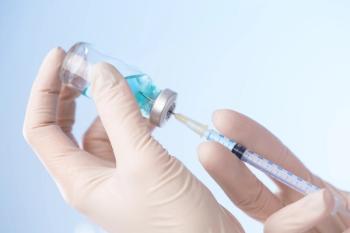
Best practices to train staff and team members to engage patients and to ease the new vaccine offerings into the workflow are also discussed.

Pharmacists play a critical role in educating patients on RSV prevention, how to recognize early symptoms, and when to seek medical help.

The pharmacy is no longer considered to offer full service (or to be financially sustainable) without a robust vaccination practice.

This technique may be applied to transdermal applications, such as shot-free vaccines.
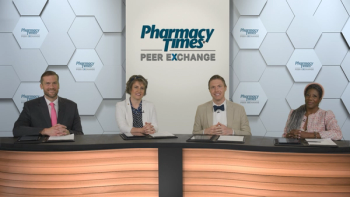
With their closing thoughts, the panelists explore unmet needs in the landscape of adult RSV vaccination.

Key opinion leaders traverse the challenges associated with vaccine hesitancy.

Gretchen Garofoli, PharmD, an associate professor at the West Virginia School of Pharmacy, discusses the current recommendations for COVID-19, respiratory syncytial virus (RSV), and influenza vaccines and vaccine hesitancy.
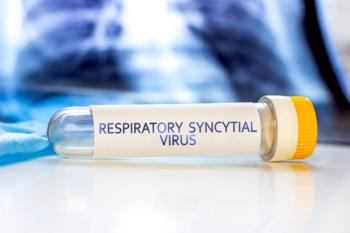
Approximately 57% of individuals who were shown a flowchart of the FDA vaccine approval process were very or somewhat likely to recommend a respiratory syncytial virus vaccine to a pregnant family member or friend compared to only 40% of those who were not shown the process.

Electronic health record utilization and financial considerations for RSV vaccines in adults are overviewed by Drs Madison and Welch.

Dr Haumschild drives a discussion around what pharmacies and health care systems can expect from RSV infections in adult patient populations.

The approved assay can differentiate between infection of COVID-19, influenza, or respiratory syncytial virus, minimizing the need for multiple tests or physician visits.

The health care industry must cultivate volunteer support to maintain a positive impact on vaccination rates.

Community-based pharmacy services are reaching new heights as pharmacists and pharmacy technicians are able to have a larger impact on patient care than ever before.

Financial, clinical, and social barriers to adult RSV vaccination are explored.

Medical experts discuss the lack of RSV treatment leading to the importance of immunization.
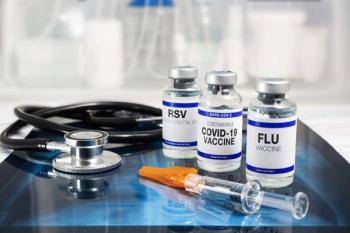
The prolonged lack of viral exposure has likely increased the pool of children and adults vulnerable to respiratory syncytial virus, but questions remain.

A panel of experts discuss RSV vaccination in adults.

Drs Bridgeman and Welch highlight cost and resource impacts in health care systems driven by RSV.

With the end of the national public health emergency for COVID-19 in May 2023, what can be expected as we look ahead to the 2023-2024 influenza season and beyond?

Dr Madison provides insights on the importance of and strategies for raising awareness to adult RSV vaccines.

Mary Bridgeman, PharmD, BCPS, BCGP, FASCP, Adam C. Welch, PharmD, MBA, FAPhA, and Christina Madison, PharmD, FCCP, AAHIVP, discuss the testing and treatment strategies for RSV.
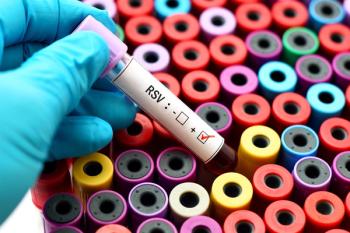
Immunoprophylaxis Guidance for RSV Not Aligned With Current Hospitalization Patterns, Study Finds
Investigators urge policymakers to establish flexible models that maximize coverage when respiratory syncytial virus activity is high and minimize unnecessary doses when viral activity is low.

